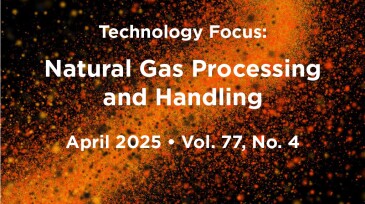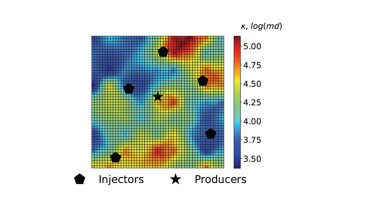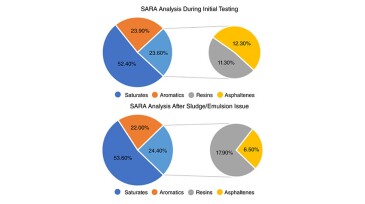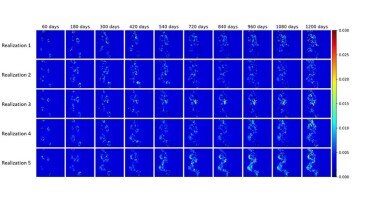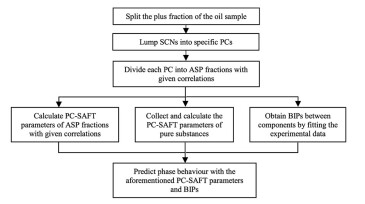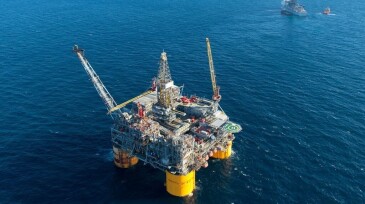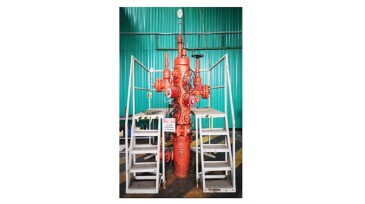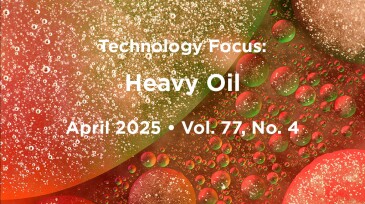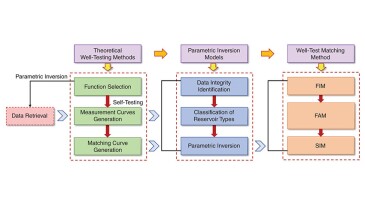Testing page for app
-
Recently, artificial intelligence (AI), deep learning (DL), and machine learning (ML) have taken natural gas processing and handling on a new trajectory, replacing complex simulation runs.
-
In this study, a deep-neural-network-based workflow with enhanced efficiency and scalability is developed for solving complex history-matching problems.
-
This work investigates the root cause of strong oil/water emulsion and if sludge formation is occurring within the reservoir using a robust integrated approach.
-
This study presents a production-optimization method that uses a deep-learning-based proxy model for the prediction of state variables and well outputs to solve nonlinearly constrained optimization with geological uncertainty.
-
In this work, a perturbed-chain statistical associating fluid theory equation of state has been developed to characterize heavy-oil-associated systems containing polar components and nonpolar components with respect to phase behavior and physical properties.
-
Updates about global exploration and production activities and developments.
-
To enable a fully interventionless approach, a barrier-rated tubing-hanger valve has been developed to eliminate slickline intervention and minimize associated risks and operational time.
-
C. Susan Howes is the nominee for 2027 SPE President. She and four others make up the new slate of nominees recommended for positions open on the SPE International Board of Directors.
-
In this year’s Heavy Oil feature, it’s clear that, even as many enhanced recovery techniques become established and mainstream, supporting technologies continue to march forward to allow a better and more-robust understanding of our trade.
-
The paper describes a parameter inversion of reservoirs based on featured points, using a semi-iterative well-test-curve-matching approach that addresses problems of imbalanced inversion accuracy and efficiency.

